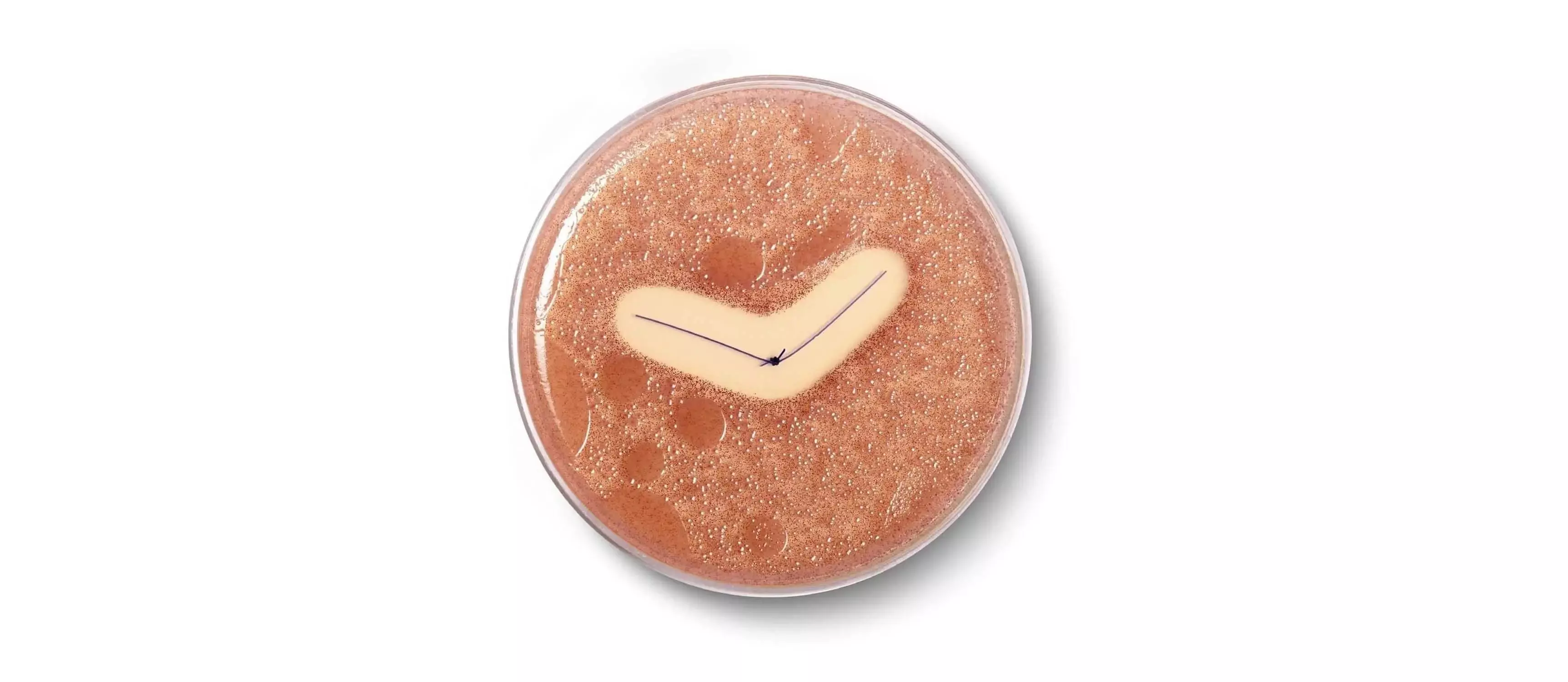- Home
- Medical news & Guidelines
- Anesthesiology
- Cardiology and CTVS
- Critical Care
- Dentistry
- Dermatology
- Diabetes and Endocrinology
- ENT
- Gastroenterology
- Medicine
- Nephrology
- Neurology
- Obstretics-Gynaecology
- Oncology
- Ophthalmology
- Orthopaedics
- Pediatrics-Neonatology
- Psychiatry
- Pulmonology
- Radiology
- Surgery
- Urology
- Laboratory Medicine
- Diet
- Nursing
- Paramedical
- Physiotherapy
- Health news
- Fact Check
- Bone Health Fact Check
- Brain Health Fact Check
- Cancer Related Fact Check
- Child Care Fact Check
- Dental and oral health fact check
- Diabetes and metabolic health fact check
- Diet and Nutrition Fact Check
- Eye and ENT Care Fact Check
- Fitness fact check
- Gut health fact check
- Heart health fact check
- Kidney health fact check
- Medical education fact check
- Men's health fact check
- Respiratory fact check
- Skin and hair care fact check
- Vaccine and Immunization fact check
- Women's health fact check
- AYUSH
- State News
- Andaman and Nicobar Islands
- Andhra Pradesh
- Arunachal Pradesh
- Assam
- Bihar
- Chandigarh
- Chattisgarh
- Dadra and Nagar Haveli
- Daman and Diu
- Delhi
- Goa
- Gujarat
- Haryana
- Himachal Pradesh
- Jammu & Kashmir
- Jharkhand
- Karnataka
- Kerala
- Ladakh
- Lakshadweep
- Madhya Pradesh
- Maharashtra
- Manipur
- Meghalaya
- Mizoram
- Nagaland
- Odisha
- Puducherry
- Punjab
- Rajasthan
- Sikkim
- Tamil Nadu
- Telangana
- Tripura
- Uttar Pradesh
- Uttrakhand
- West Bengal
- Medical Education
- Industry
Plus Sutures may reduce incidence of surgical site infection across all surgery types

Plus Sutures may reduce the incidence of surgical site infection across all surgery types suggests a new study published in the BMC Surgery.
Surgical site infections (SSIs) represent ~ 20% of all hospital-acquired infections in surgical patients and are associated with prolonged hospital stay, admission to intensive care, and mortality. We conducted a systematic review with economic and environmental models to assess whether triclosan-coated sutures (Plus Sutures) provide benefits over non-coated sutures in the reduction of SSI risk.
Searches were conducted in fifteen databases. A total of 1,991 records were retrieved. Following deduplication and screening by two independent reviewers, 31 randomized controlled trials in adults and children were included in the review.
Similarity of the studies was assessed by narrative review and confirmed by quantitative assessment. A fixed effects meta-analysis of SSI incidence model including all groups of patients estimated a risk ratio of 0.71 (95% confidence interval: 0.64 to 0.79) indicating those in the Plus Sutures group had a 29% reduction in the risk of developing an SSI compared with those in the control group (p < 0.001). Safety outcomes were analysed qualitatively.
Results
The economic model estimated the use of Plus Sutures to result in average cost savings of £13.63 per patient. Plus Sutures remained cost-saving in all subgroup analyses with cost-savings ranging between £11 (clean wounds) and £140 (non-clean wounds).
The environmental impact of SSI is substantial, and the model suggests that the introduction of Plus Sutures could result in potential environmental benefits.
The evidence suggests that Plus Sutures are associated with a reduced incidence of SSI across all surgery types alongside cost savings when compared with standard sutures.
Reference:
Edwards, M., Graziadio, S., Shore, J. et al. Plus Sutures for preventing surgical site infection: a systematic review of clinical outcomes with economic and environmental models. BMC Surg 23, 300 (2023). https://doi.org/10.1186/s12893-023-02187-0
Keywords:
Plus, Sutures, may, reduce, incidence, surgical, site, infection, across, all, surgery, types, BMC Surgery, Edwards, M., Graziadio, S., Shore
Dr. Shravani Dali has completed her BDS from Pravara institute of medical sciences, loni. Following which she extensively worked in the healthcare sector for 2+ years. She has been actively involved in writing blogs in field of health and wellness. Currently she is pursuing her Masters of public health-health administration from Tata institute of social sciences. She can be contacted at editorial@medicaldialogues.in.
Dr Kamal Kant Kohli-MBBS, DTCD- a chest specialist with more than 30 years of practice and a flair for writing clinical articles, Dr Kamal Kant Kohli joined Medical Dialogues as a Chief Editor of Medical News. Besides writing articles, as an editor, he proofreads and verifies all the medical content published on Medical Dialogues including those coming from journals, studies,medical conferences,guidelines etc. Email: drkohli@medicaldialogues.in. Contact no. 011-43720751


